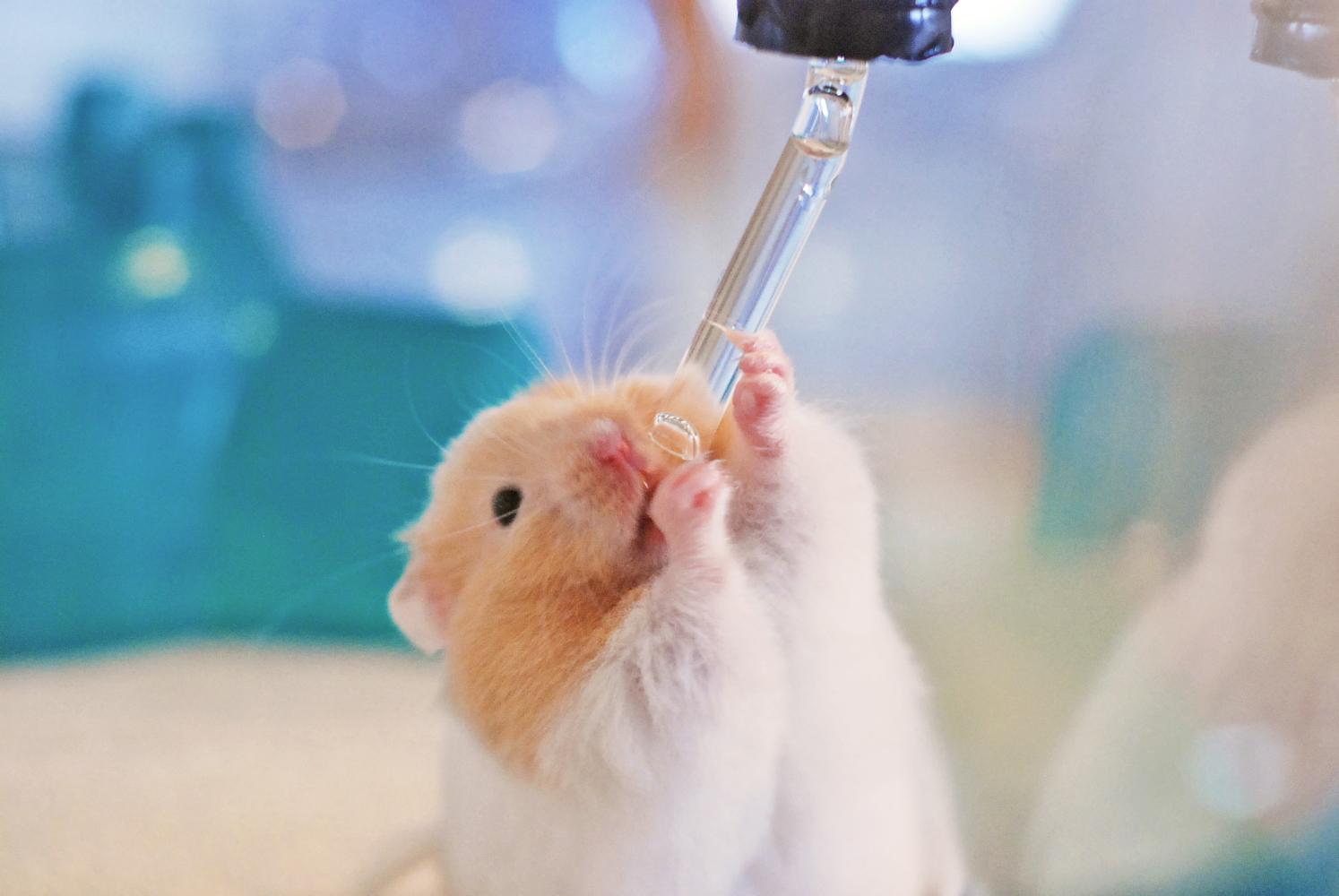How Can You Protect Your Small Mammal from Heat Stress? 7 Summer Safety Tips

Small mammals such as rabbits, guinea pigs, chinchillas, ferrets, hamsters, gerbils, sugar gliders, and hedgehogs can pack a lot of personality in a small package and make for fun, entertaining pets. But these cute little creatures can still feel the effects of the intense summer heat, making small pet cooling techniques essential for pet parents to master.
In this blog, our team takes a look at heat safety for rabbits and other small mammals so you can keep your pets cool when temperatures soar.
Heat Safety for Rabbits Kept Outdoors
Rabbits are sometimes kept in outdoor hutches, and these pets need extra precautions in the summer heat.
Consider these guidelines for heat safety for rabbits:
- Relocate the hutch to a shaded area, or create shade with a gazebo, garden umbrella, tarp, or white sheet.
- Track the sun’s movement to make sure the hutch remains shaded.
- Provide multiple water sources and add ice cubes to one of the dishes.
- Offer vegetables soaked in water or other moisture-rich foods.
- Line the hutch with ceramic or slate tiles to provide a cool surface.
- Wrap a frozen water bottle in a towel and place it in the hutch.
- Leave two opposite sides uncovered to aid with ventilation.
- Use a fan in very hot weather to circulate air, but make sure it’s not blowing directly on the rabbits.
- Check your rabbits frequently for signs of overheating, such as rapid breathing, hot ears, or lethargy.
- Bring rabbits indoors during extreme heat.
- Keep fur clipped short (for long-haired breeds).
- Provide fresh, fluffy hay in which your rabbits can burrow to stay cool.
Signs of Heat Stress in Small Mammals
If you spot any of the following signs of heat stress in your hedgehog, guinea pig, or other small mammal, contact your veterinarian or the nearest emergency clinic for further instructions:
- Lethargy
- Rapid breathing
- Panting (or open-mouth breathing)
- Lying on their side
- Drooling
- Seizures
7 Small Pet Cooling Techniques
These seven pet cooling techniques can help protect your pets from heat stress:
- Always provide fresh, clean water that is accessible at all times.
- Keep pets in a cool environment. Use fans, air conditioning, or other cooling methods to maintain a comfortable temperature.
- Avoid placing their enclosures in direct sunlight to protect them from excessive heat exposure.
- Invest in pet-safe cooling pads, frozen water bottles, or damp towels for them to lie on.
- When the mercury rises, monitor their behavior for signs of heat stress.
- Provide chilled vegetables and fruits to help them regulate their body temperature.
- Trim their fur if necessary to prevent overheating, especially for long-haired breeds.
Contact Us for More Ways to Keep Your Pets Cool
For all your summer pet care needs, including guinea pig summer care and heat safety for rabbits, please contact our team at Texas Avian & Exotic Hospital.
